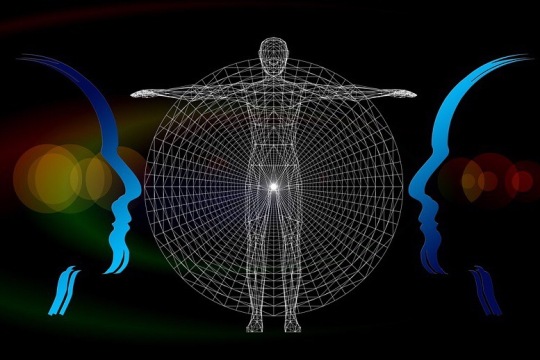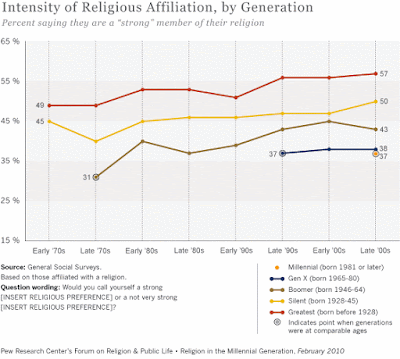http://www.helenkamenos.com/free_workbook/
"Who Am I? - Discover Yourself"
A Workbook to Help You Recognize Your Potential
Includes 8 Steps to Healing Wounded Relationships
Have you ever asked yourself “Who am I?” Are we the roles we serve in our lives: fathers, mothers, employees, bosses, students, teachers, men or women? Are we our job titles? Are we athletic or out of shape? Are we talented with words or music? Are we rich or poor? Famous or obscure? Who are you? We wear many hats throughout our lives, often simultaneously. Others often define us by our roles, but if we search inside of ourselves, how do we define our own identities? Do you think about it or do you define yourself by how others see you? Do they truly know you? Do you know yourself?
Discover who you are in Christ. The attributes given to us by Jesus at the Sermon of the Mount are those that are valued by God. They are the characteristics God bestowed upon us when He made us in His image. These attributes are necessary to be able to love unconditionally, the way God loves us. Developing these traits helps us live happier lives with more fulfilled relationships. They unlock our potential.
Do you possess these traits and to what degree? Find out what attributes you need to develop in order to reach your potential. This workbook also includes “8 Steps to Healing Wounded Relationships” as taught by Christ through the Beatitudes.
We often spend time caring for our physical health, exercising or watching what we eat, but we do not always spend enough time on our spiritual or emotional well-being. Often, ignoring our emotional health leads to anxiety and stress. Our physical well-being may extend our lives, but our spiritual welfare determines the quality of our lives. Take the time to reflect on your spiritual and emotional development in order to realize your potential and help you improve your relationships.
Discover who you are in Christ. The attributes given to us by Jesus at the Sermon of the Mount are those that are valued by God. They are the characteristics God bestowed upon us when He made us in His image. These attributes are necessary to be able to love unconditionally, the way God loves us. Developing these traits helps us live happier lives with more fulfilled relationships. They unlock our potential.
Do you possess these traits and to what degree? Find out what attributes you need to develop in order to reach your potential. This workbook also includes “8 Steps to Healing Wounded Relationships” as taught by Christ through the Beatitudes.
We often spend time caring for our physical health, exercising or watching what we eat, but we do not always spend enough time on our spiritual or emotional well-being. Often, ignoring our emotional health leads to anxiety and stress. Our physical well-being may extend our lives, but our spiritual welfare determines the quality of our lives. Take the time to reflect on your spiritual and emotional development in order to realize your potential and help you improve your relationships.
This 14 page workbook in pdf format includes:
- 3 questionnaires to help you discover yourself
- A chart to help you analyze the traits you possess, valued by God
- Opportunities for reflection
- Identify which attributes you admire in yourself and others
- Determine which characteristics are your strengths and weaknesses in developing better relationships
You will also receive my FREE monthly newsletter, Defending the Faith.
Follow this link to receive your FREE workbook Now: http://www.helenkamenos.com/free_workbook/






